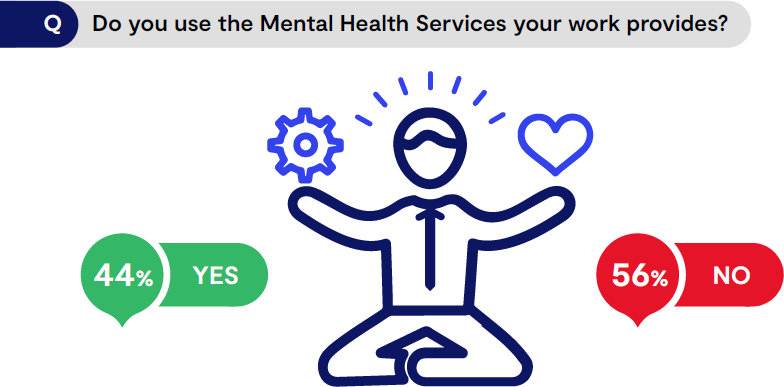
In light of Mental Health Awareness Month, it is time to address a major crisis in the country that is simply not talked about enough: the emotional toll emergency response work takes on 911 call responders. Each year, Carbyne and NENA commission Pulse of 911, a national survey to hear about the realities and challenges of emergency communications professionals. This year, we heard from 1,335 professionals from various levels across the country, and the findings were particularly harrowing as they relate to stress, specifically in women.
The numbers show severe understaffing in the nation’s ECCs. Three-quarters of those interviewed confirmed not having a budget to increase their headcount. Of those with open headcount, 82% have difficulty filling open positions due to the stress, long hours and low pay associated with the job. Moreover, only 50% of trainees make it through probation, highlighting the job’s demanding nature.

Those working with critical situations that may mean life or death on a daily basis, are really feeling the strain. 22% of telecommunicators work mandatory overtime daily, and 38% of them work voluntary overtime every day. Can you imagine not being able to get to a call in time to attend to a heart attack or a CPR emergency? The emotional impact for telecommunicators is enormous with 85% of respondents reported feeling symptoms of burnout.
The impact on women is particularly alarming. 34% of women in the field (compared to only 26% of men) saying they feel stressed at work. Additionally, 24% of the women interviewed said their work affected their marital status; they are three times more likely to get divorced than their male counterparts.
Despite 95% of employers offering mental health support, only 44% of respondents seek out professional mental help for their stress, citing fears of lack of confidentiality and potential negative impacts on their career.

These findings underscore the urgent need for better and more confidential support systems and resources for our 911 call responders, the backbone of emergency services.
Telecommunicators don’t have to rely solely on their employers for emotional well-being management. Cultivating healthy habits, whether that’s gardening, engaging in regular physical activity, or participating in outdoor activities, can significantly enhance emotional health. These practices are especially crucial given the demanding nature of emergency communication work, where long shifts and mandatory overtime are common. In such high-stress environments, finding time to disconnect and focus on self-care is beneficial and necessary for maintaining balance and well-being. Let’s remember the importance of building a resilient support system, starting with personal health and extending into our professional lives.
As we observe Mental Health Awareness Month, let’s commit to addressing these issues head-on. By providing the necessary technology and support, we can transform the industry and ensure that those who dedicate their lives to saving others have the support they need to thrive both professionally and personally. When we say every person counts, we mean it.